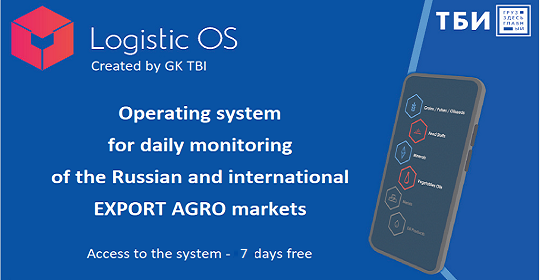The cost of the product is rapidly declining.
This year turned out to be successful for Russian beetroot producers: after processing it at sugar factories, they managed to get about 1.5 million tons of beet pulp. However, there is a problem with this: it is not very clear where to direct this volume.
Previously, according to the Institute for Agricultural Market Studies, up to 88% of pulp was exported, of which 95% went to the EU countries.
But now, after the imposition of sanctions, this route has closed.
The difficulty is that it will be possible to find consumers within the Russian Federation at best for 0.5 million tons. What to do with another million is a big question.
Beet pulp is a specific product, it is mainly fed to cattle, as well as sheep and goats.
Russian livestock breeders absolutely will not want and will not be able to buy such a huge volume, which was originally intended for export. Moreover, it will not work for a long time.
All this led to the fact that the price of pulp inside the country fell by 50%. However, farmers would be happy to get rid of their product at such prices.
What to do with excess beet pulp?
You can think of several options.
- Redirect to other markets such as China or the Middle East, Africa
Of course, it will be possible to send a certain amount there, but it is not a fact that this will solve the problem in the bud. Reorientation to other markets is not an instantaneous process, and products need to be put somewhere now.
- Try to circumvent sanctions
In addition to the «gray» export routes through third countries, there is also a «white» one: to turn pulp into another product that is not subject to sanctions. This can be done by molasses (adding molasses).
But even here there are difficulties: a limited number of Russian plants can molasse pulp, and obviously not in such quantities.
Moreover, while all this work is being carried out, the EU may also impose sanctions against molasses pulp, and this is a significant risk.
- Store and Wait
It should be said right away that there are no “extra” warehouses for 1 million tons of pulp in Russia.
Sugar refineries could take some for storage, but even for them it can be a risk: if they can’t find buyers or process all this products, they will have to dispose of it, and this is a significant cost.
However, the «wait» option has its hidden benefits.
Livestock breeders from the EU also found themselves in a difficult situation, having not received 1 million tons of feed, as a result they have to compete for wheat with other producers, which accelerates the price of it.
Therefore, it is possible that European countries may lift sanctions on pulp in the near future. The main thing is that it does not have time to deteriorate until this happens.

